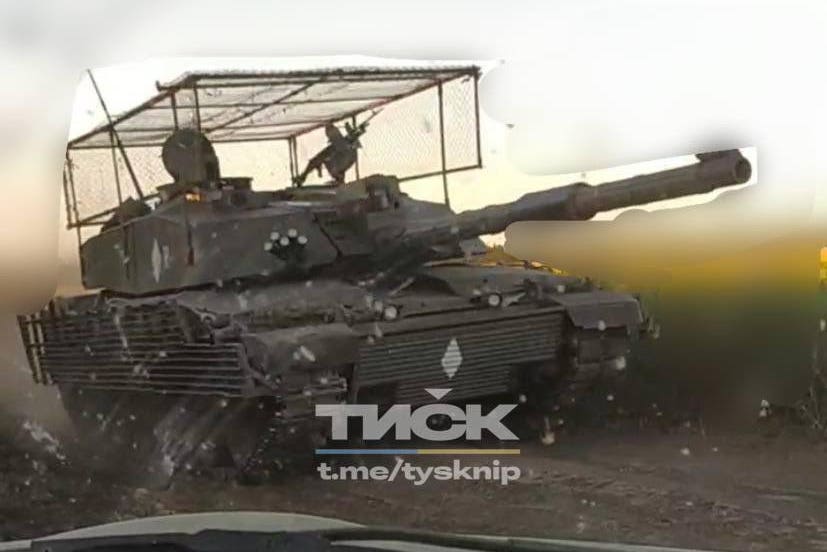The Ukrainian air assault forces finally have deployed their most powerful unit. The 2,000-person 82nd Air Assault Brigade, which is stacked with Marder and Stryker fighting vehicles and Challenger 2 tanks, rolled into action around Robotyne, in southern Ukraine’s Zaporizhzhia Oblast, apparently in the last few days.
The deployment is good and bad news for Kyiv’s long-anticipated counteroffensive, which kicked off with a series of coordinated assaults across southern and eastern Ukraine starting on June 4.
The 82nd Brigade and its sister air-assault unit, the 46th Brigade, were some of the last major units that the Ukrainian general staff was holding in reserve. In finally sending those formations into battle, the Ukrainians could significantly boost their firepower along one of the main axes of the counteroffensive—the one stretching 50 miles from Russian-occupied Robotyne to occupied Melitopol, just north of the Black Sea coast.
But no brigade can fight forever. When the 46th and 82nd Brigades pull back for rest, reset and repairs, there might not be any equally powerful fresh brigades to fill in for them. The counteroffensive could lose momentum.
This neither is a new problem, nor one that’s unique to the Robotyne axis. The Ukrainian marine corps, which has focused its efforts along the Mokri Yaly River Valley, 50 miles to the east, has deployed all four of its front-line brigades at the same time along a 10-mile-wide sector.
The concentration of marine forces along the Mokri Yaly River has paid off for Kyiv. The division-size marine force has liberated a chain of settlements on the road to occupied Mariupol, on the Black Sea coast 50 miles to the south. Most recently Urozhaine, where marine gunners firing American-made cluster shells massacred retreating Russian troops this weekend.
But the marines eventually will need rest. And it’s not apparent which forces can fill in for them. While Ukraine still has uncommitted territorial and national guard brigades, these formations generally lack the firepower and training that make marine brigades so effective.
The same clock is ticking over in Robotyne, as a powerful Ukrainian air-assault force assembles outside the town. A Russian drone strike on one of the 82nd Brigade’s American-made Stryker wheeled fighting vehicles, apparently earlier this week, places the 82nd Brigade within a mile of the Russian 1430th Motor Rifle Regiment’s positions inside Robotyne.
Russian drones have spotted at least one of the 82nd Brigade’s 90 Strykers as well as one of its 40 German-made Marder tracked fighting vehicles. The Russians apparently haven’t located the brigade’s 14 ex-British Challenger 2 tanks. But we know the 69-ton tanks are inching toward the line of contact.
The most recent photo of a Ukrainian Challenger 2 to appear online depicts the tank with a turret-mounted cage that the crew clearly hopes will help to protect the vehicle from drone strikes. These “cope cages” are a battlefield expedient that brigades tend to install on their own as they’re getting ready to enter combat.
If the Ukrainian marines’ experience in Urozhaine is any indication, the surge of air-assault troops around Robotyne could result in rapid gains for Kyiv’s forces. The Ukrainians already were probing, and attempting to flank, the Russian garrison in Robotyne. Now they’ve got two more brigades—and especially heavily-armed ones—to bolster their efforts.
If the Russians in Robotyne can hold their ground, and endure what is likely to be a major but temporary surge in Ukrainian combat power, they might eventually find themselves in a position to strike back at the Ukrainians—once the surge brigades rotate off the front line without replacement.
Read the full article here





